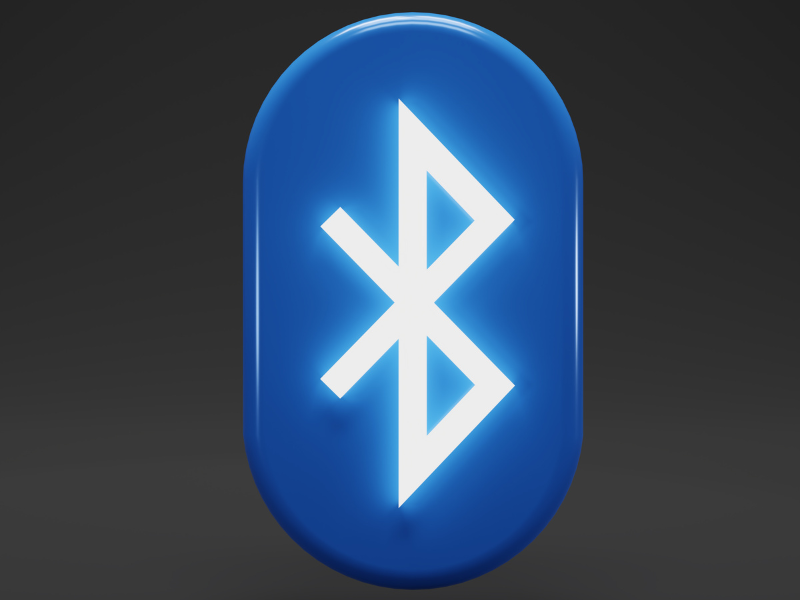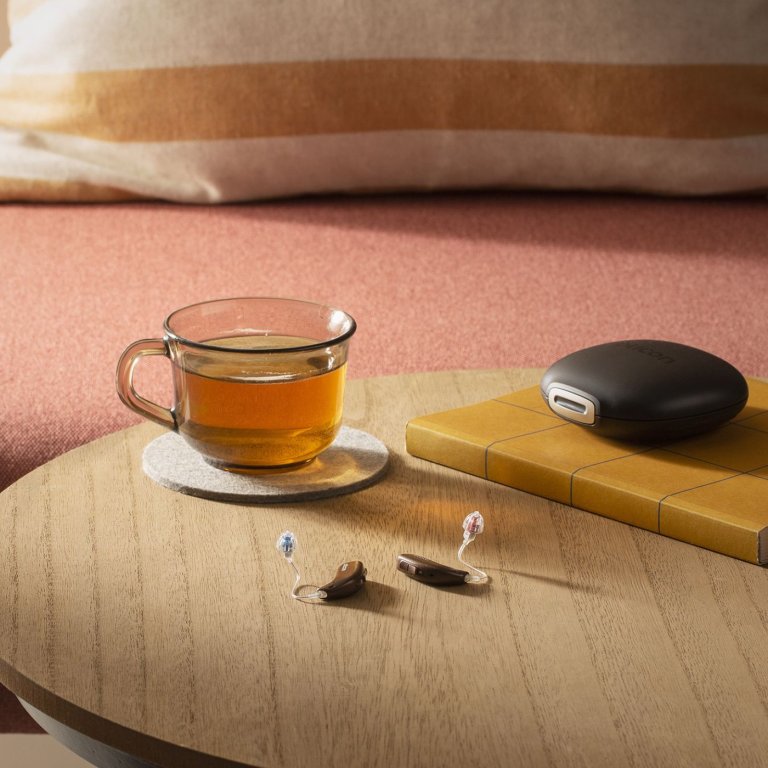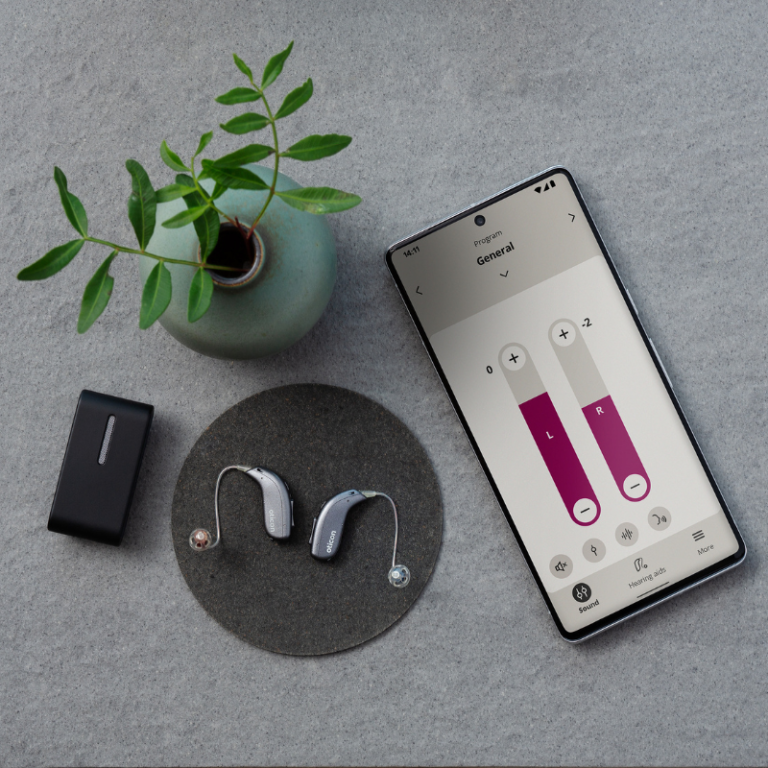Modern hearing aids offer wearers so much more than just sound. In fact, they are packed full of amazing technology that can help make your daily life that bit easier! From wireless phones to streaming your favourite music, here’s our guide to using Bluetooth with your hearing aids.
What is Bluetooth?
Bluetooth has been around for a while and is a commonplace technology in many mobile phones and other wireless devices. It puts an end to the need for wired connections by using a radio frequency to share data over short distances. For example, you can stream music from your phone to a portable speaker using Bluetooth.
Bluetooth has truly revolutionised the way we use our tech, and hearing aids are no exception.



